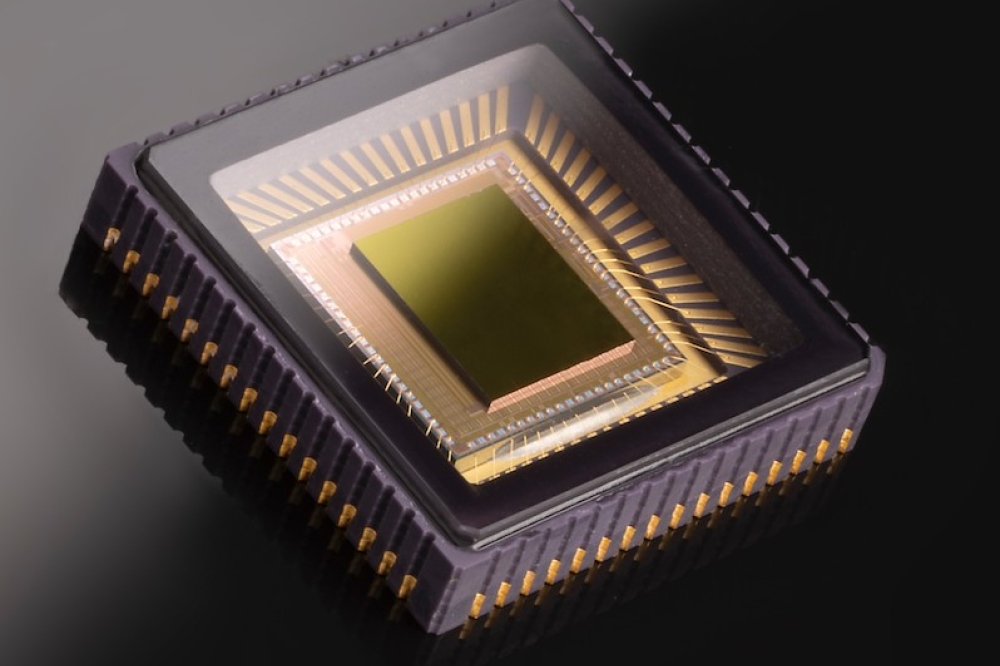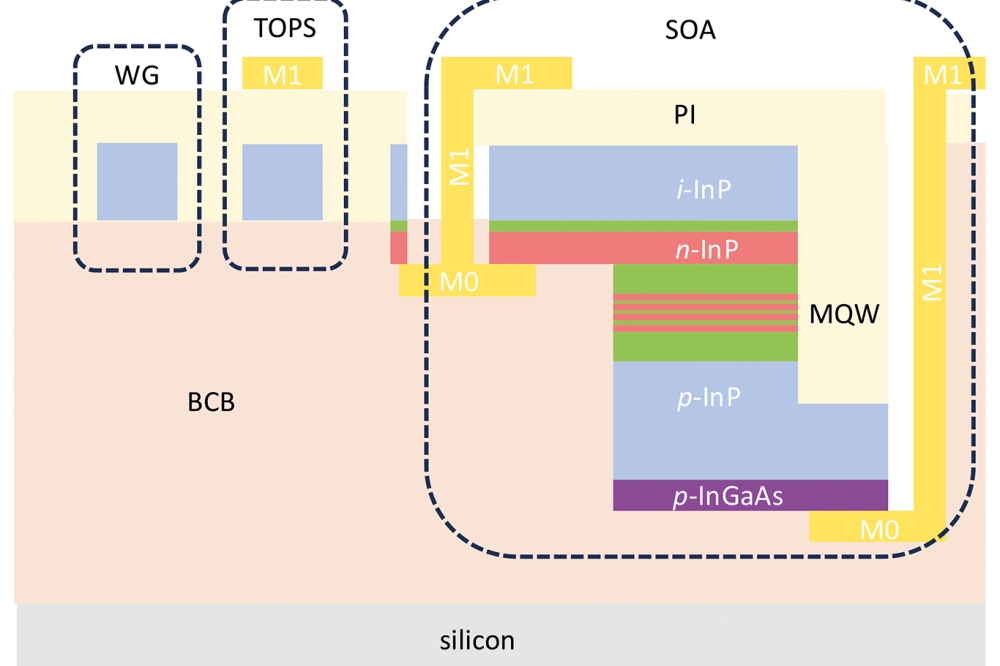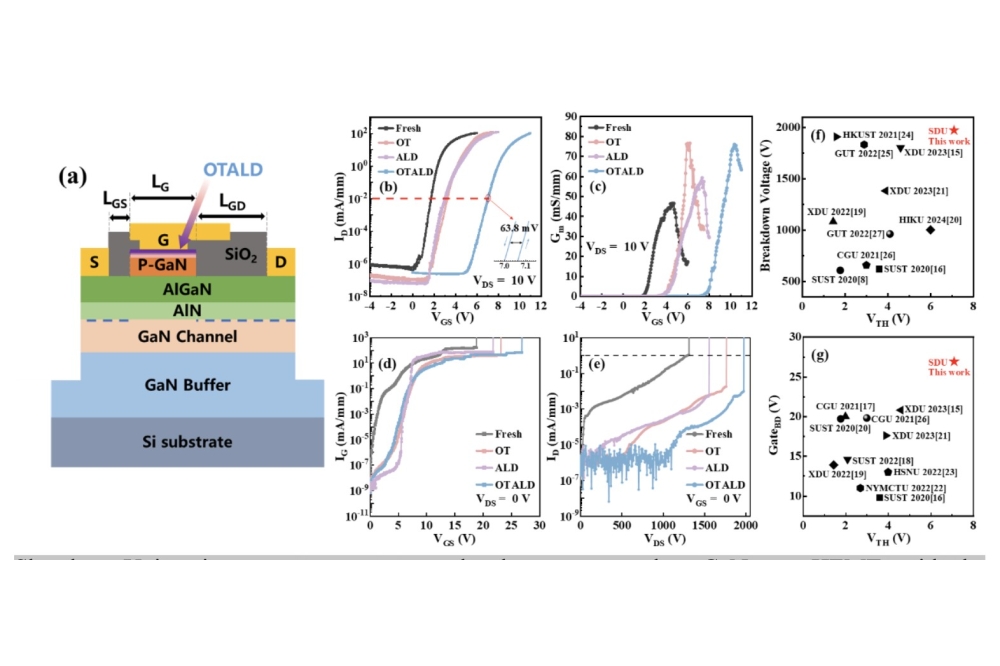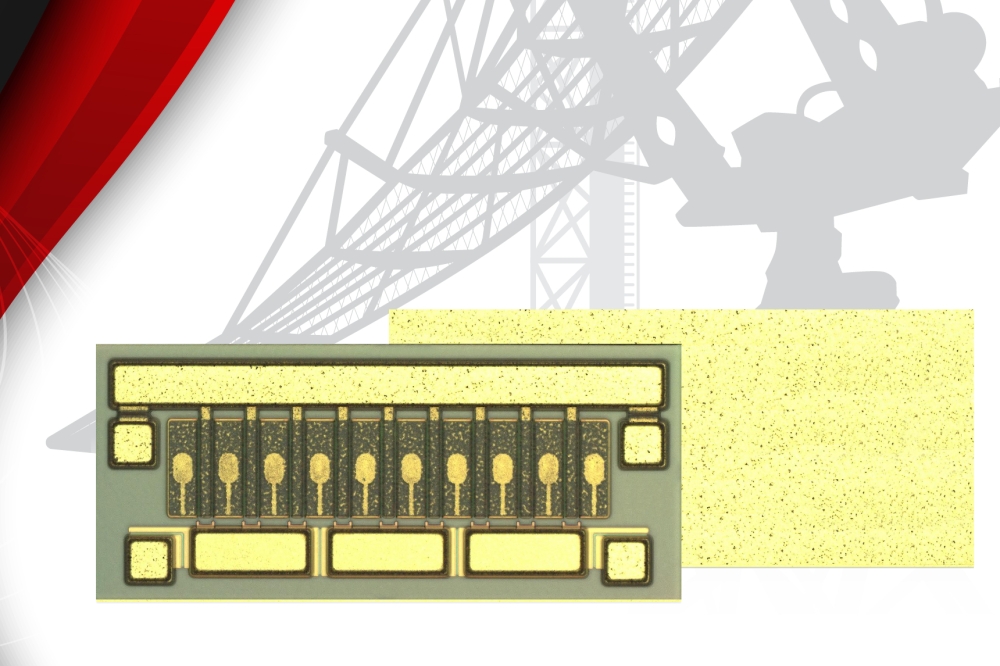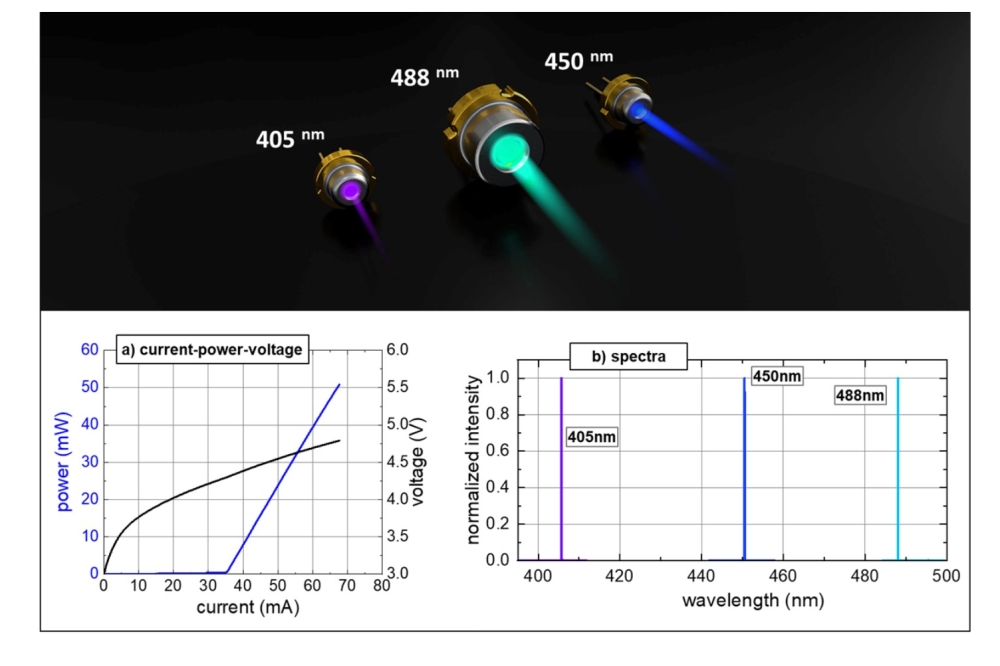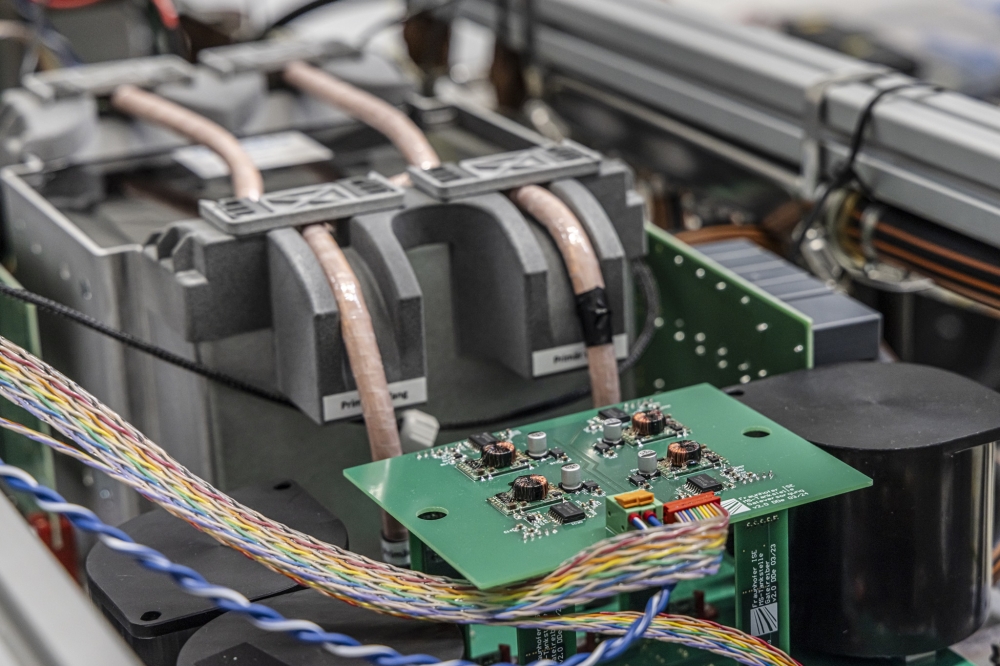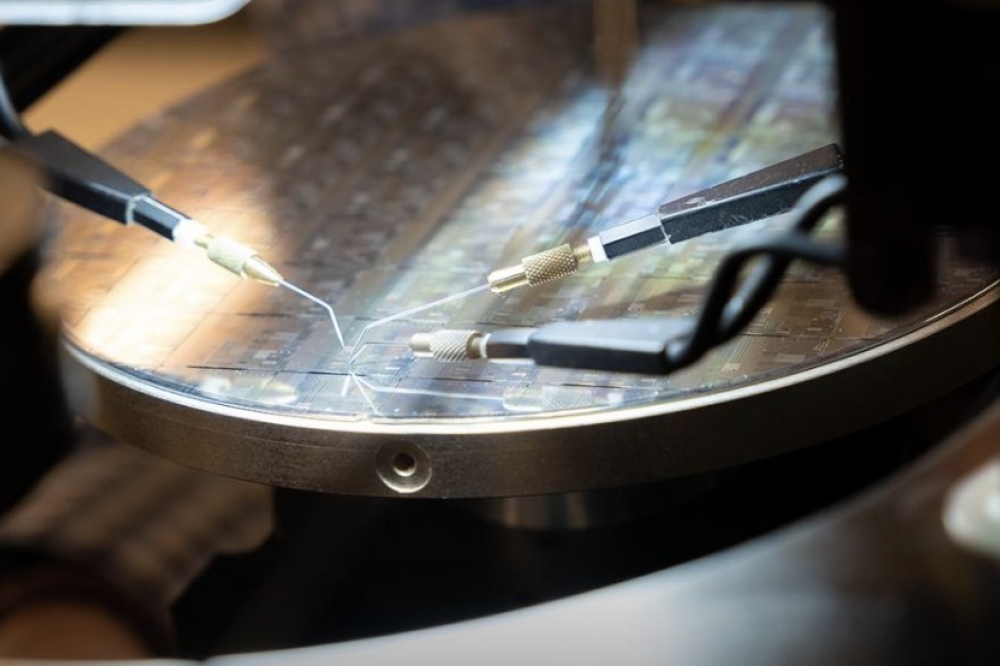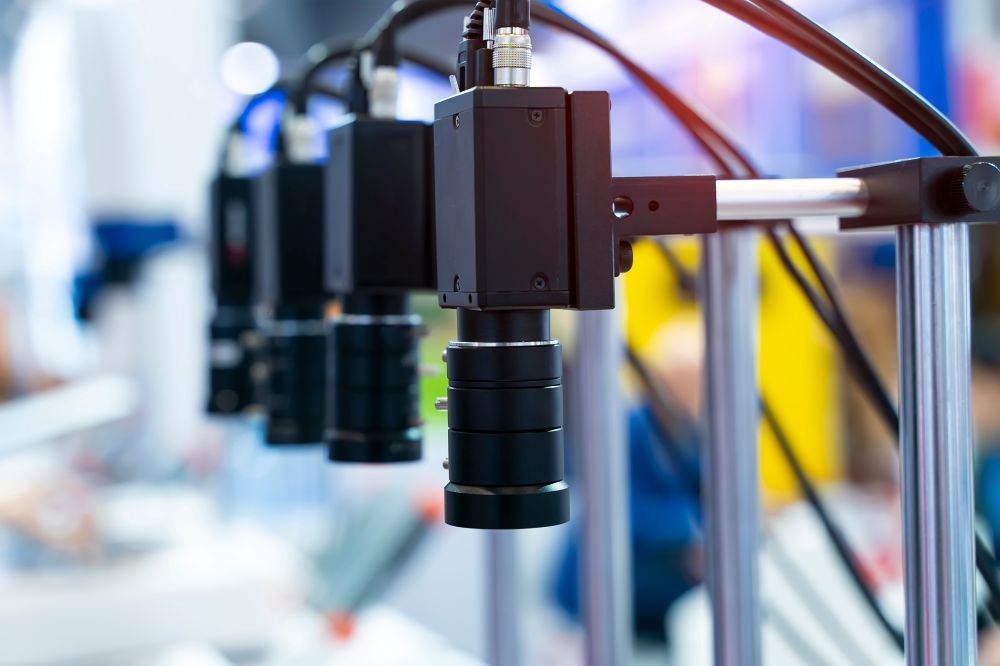Scaling up GaN MMIC manufacturing for E-band applications

Filtronic announces involvement in groundbreaking feasibility study
Filtronic, a designer of RF, microwave and mmWave products, has announced its involvement in a feasibility study to improve and scale up semiconductor design and manufacturing within the UK, funded by Innovate UK.
The primary objective of this collaboration is to establish a robust methodology for accelerating design and time-to-market for E-band power amplifiers in GaN MMIC technology. To achieve this, the partners will develop a dedicated transistor model by leveraging the unique, advanced non-linear measurements located at Cardiff University.
The project, named 'OPTIME-PA: Optimal MMIC design of E-band power amplifiers for Satcom using dedicated measurements and non-linear modelling' addresses the critical need for accurate simulations in predicting the performance of MMIC designs for millimetre-wave applications.
Given the inherent challenges of tuning MMICs once they are manufactured, precise modelling is vital for achieving first-pass design success, reducing development cycles, lowering manufacturing costs and enhancing product competitiveness.
The design of linear circuits is relatively straightforward, relying on linear measurements and electromagnetic (EM) simulations to predict performance. However, designing power amplifiers (PAs) poses additional complexities, as large-signal, non-linear models must be used. While generic models provided by integrated circuit foundries yield reasonable results for various applications, they lack the necessary accuracy to optimise performance for specific applications.
The high-value experimental data obtained will enable Filtronic to design MMICs dedicated to E-Band (71-86GHz) for space applications, gaining a significant competitive advantage in the rapidly expanding New-Space market. This advantage stems from the market's demand for low-cost, low-SWAP (Size, Weight, and Power), and high-performance devices. Until now, E-band designs have been constrained to established and well-modelled GaAs processes, limiting their application in the space industry.
“By pushing the boundaries of semiconductor design and manufacture, this project aims to revolutionise the industry, unlock new possibilities for space applications, and position the UK as a global leader in semiconductor technology,” said Tudor Williams, director of technology at Filtronic. “Filtronic is honoured to be a part of this, and we look forward to collaborating with Innovate UK, UK Research and Innovation, Cardiff University and other key partners.”























